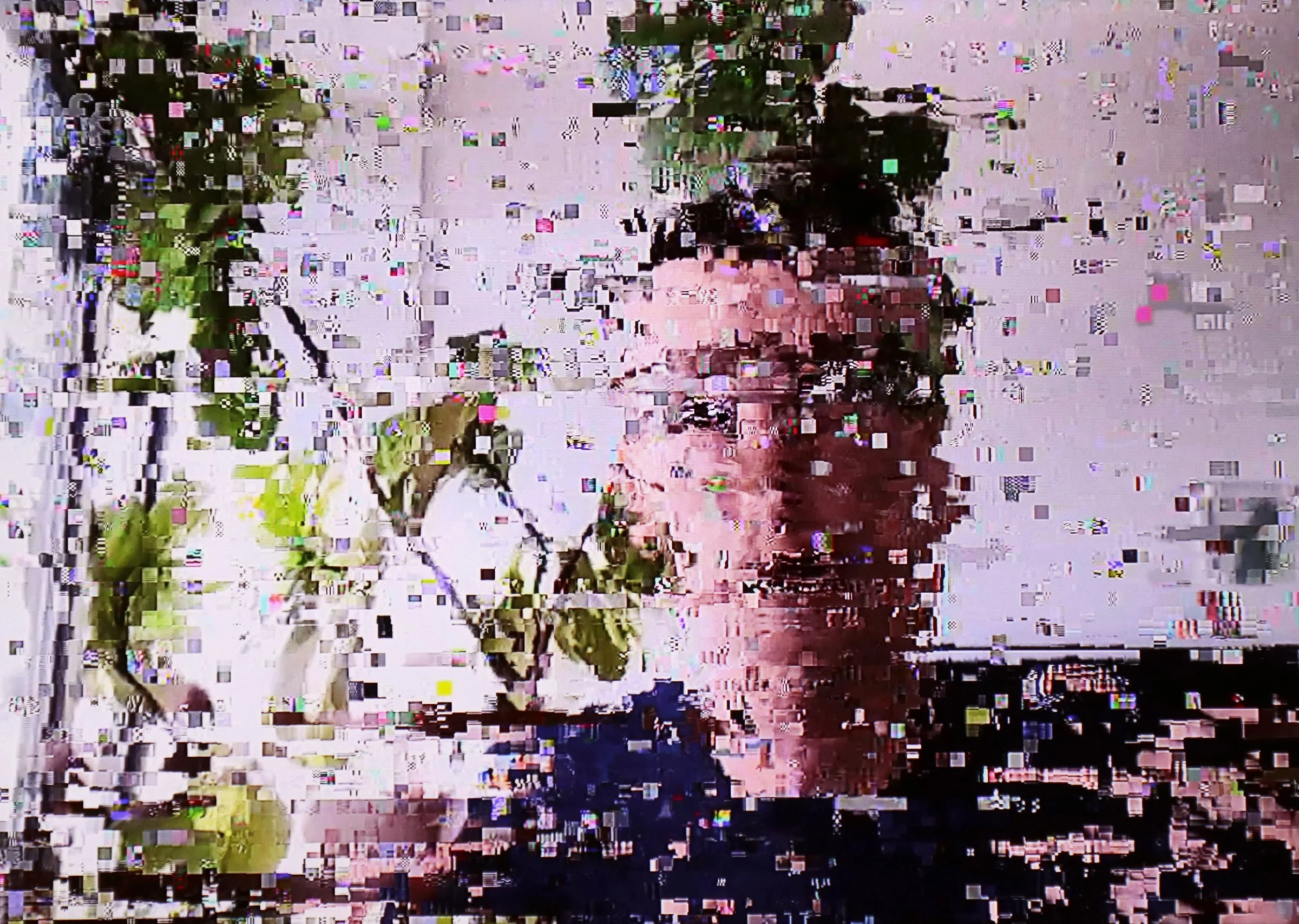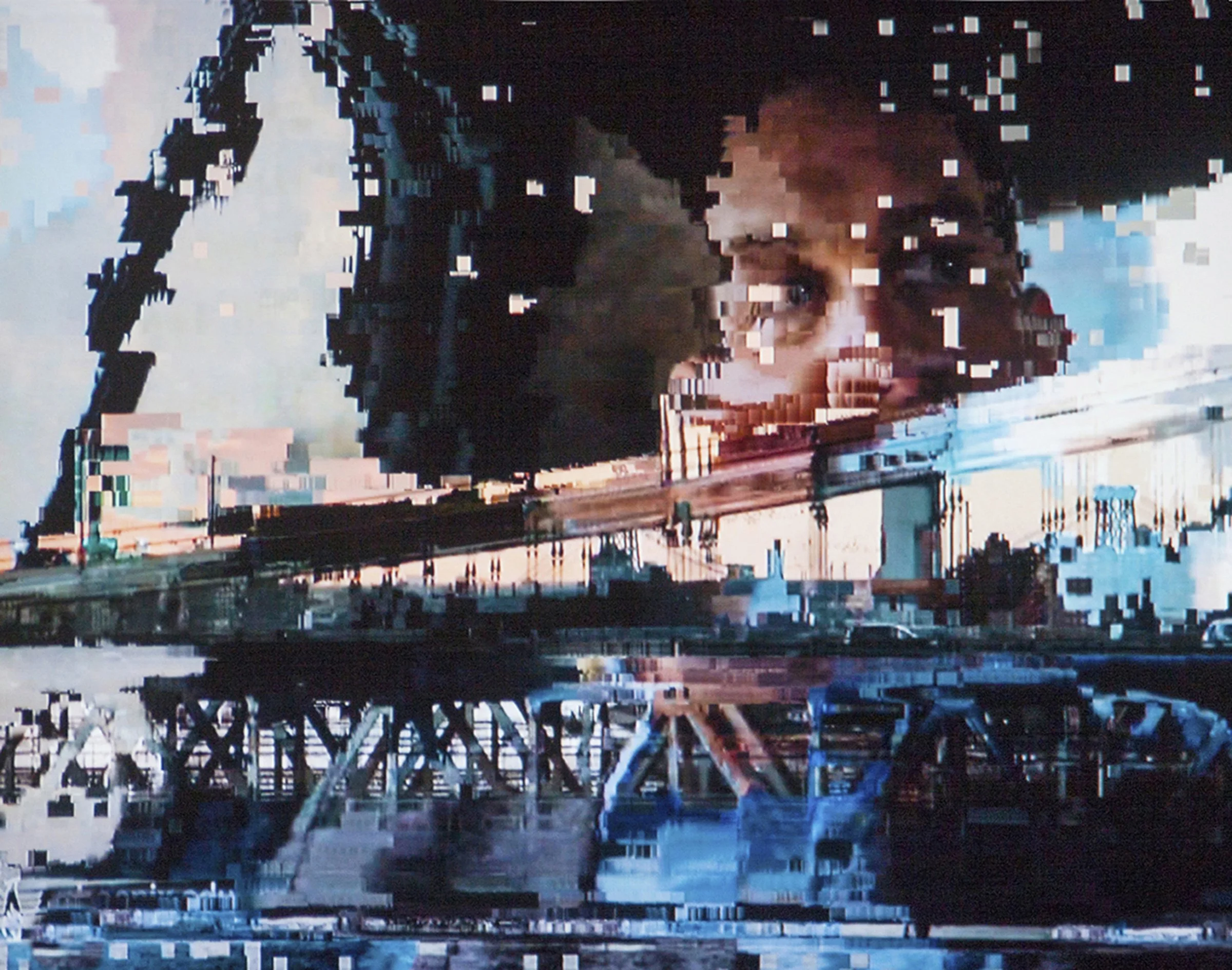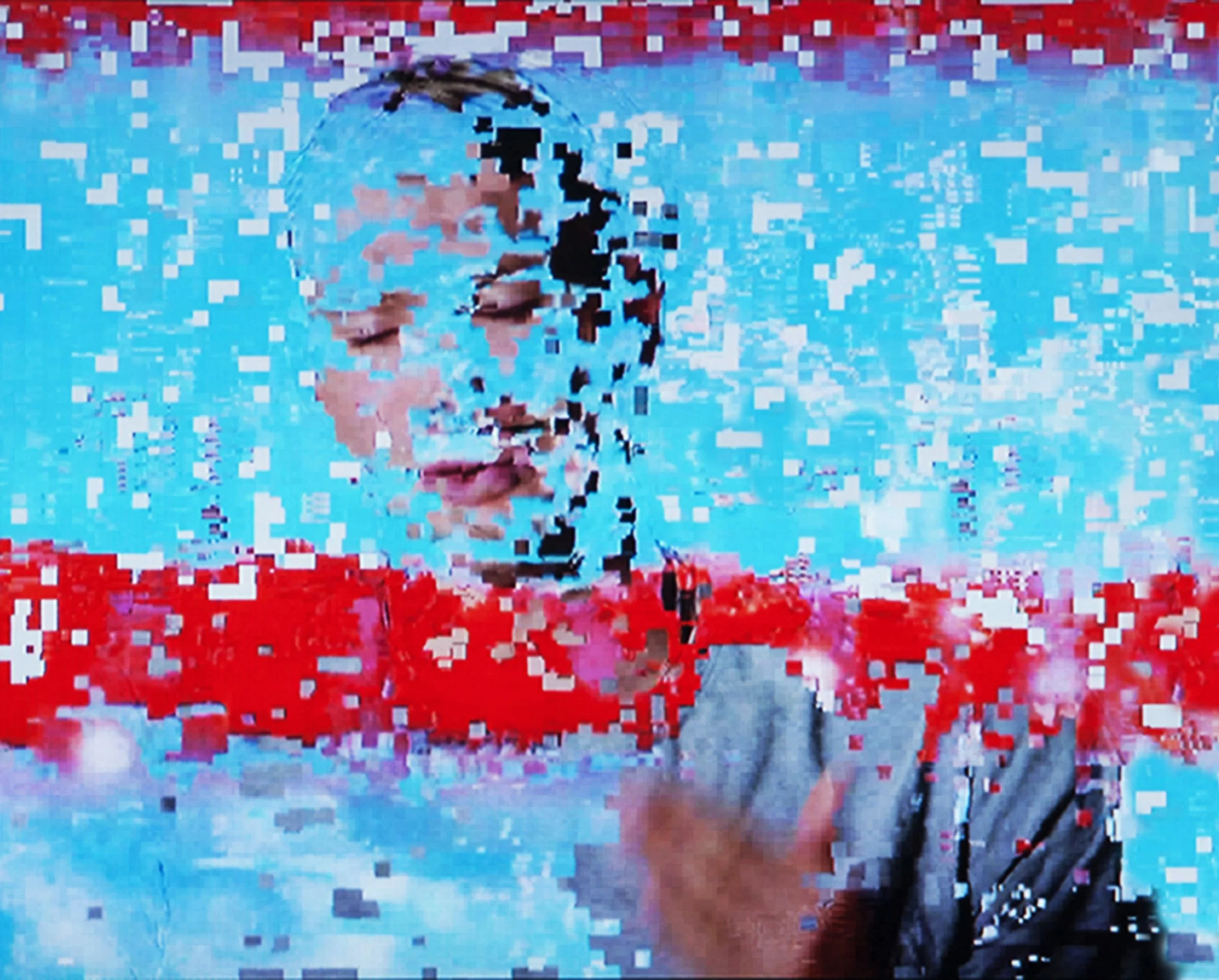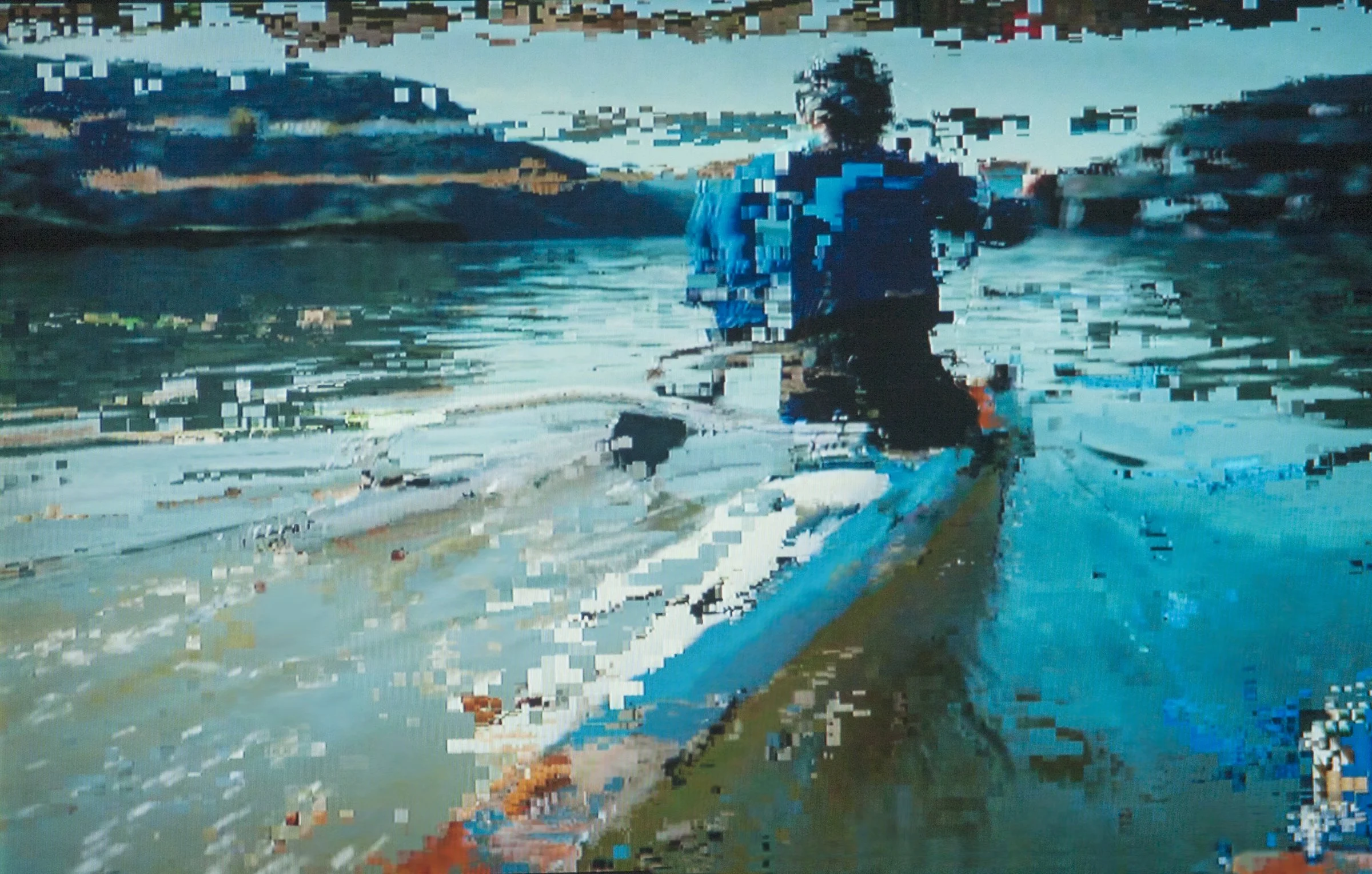Sherry Karver
• Website •
Sherry Karver is a mid-career artist, born and raised in Chicago, and
has always been an artist since childhood. She received her B.A.
degree in Sociology from Indiana University, Bloomington, IN, and
discovered ceramics during her senior year in college, which changed
the entire course of her life.
Sherry fell in love with the medium and created large ceramic wall
sculptures and pottery. After getting her M.F.A. in ceramics from
Tulane University in New Orleans, she taught college level ceramics for
many years.
Around 2000 her work gradually began to evolve towards photography
and photo-based mixed media painting which she does today.
Sherry is not a 'traditional' photographer and is always pushing the
boundaries, experimenting with the photographic medium in different
ways.
Her work is in over 180 private, corporate, and museum collections,
and she has had over 25 solo exhibitions. Her work is represented in
galleries around the country, and Sherry now lives in California with
her husband, poet and novelist Jerry Ratch.
Artist Statement - Movement Interrupted Series
Using data corruption glitches for aesthetic purposes I photograph my TV screen when it pixelates due to uneven reception. I am actually harnessing the breakdown of technology that creates these unexpected and serendipitous images. I intentionally wait to shoot when the picture becomes fragmented, stretching the colors, lines, and shapes into a new format. This method of working is exciting to me because it is almost like magic, where the TV is literally 'channeling' these images and I am there to capture those moments before they disappear in an instant. It seems that we are living in a difficult period in our history, where things seem to be disintegrating and falling apart on many levels. At the same time I find beauty and hopefulness within the chaos. These are actual unaltered photographs printed as Dye Sublimation on metal. They are not created using Photoshop or any algorithm. I use metal rather than paper because the metal substrate shines through the surface adding another visual layer of depth. The industrial feel of the metal works well with the contemporary digital technology and glitches that occur.




